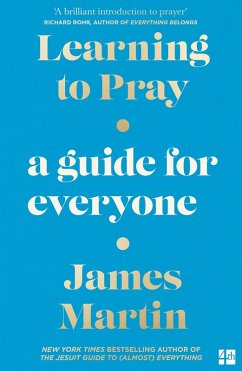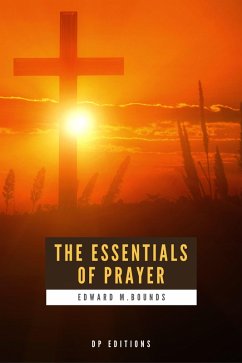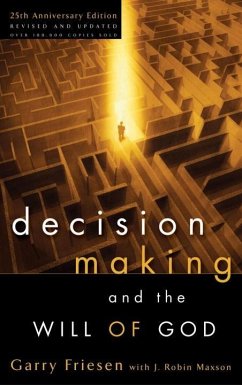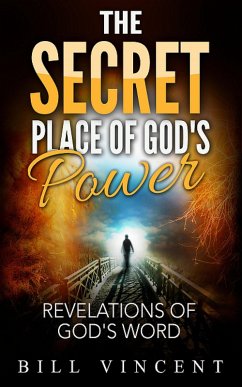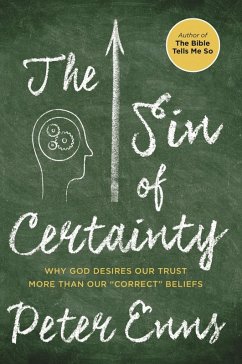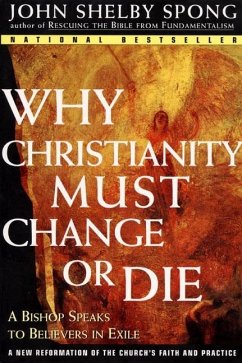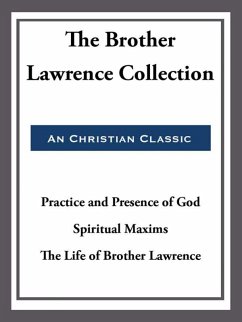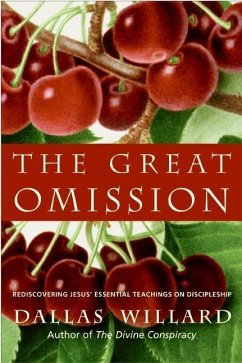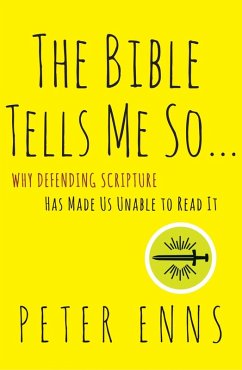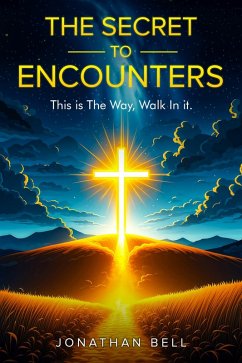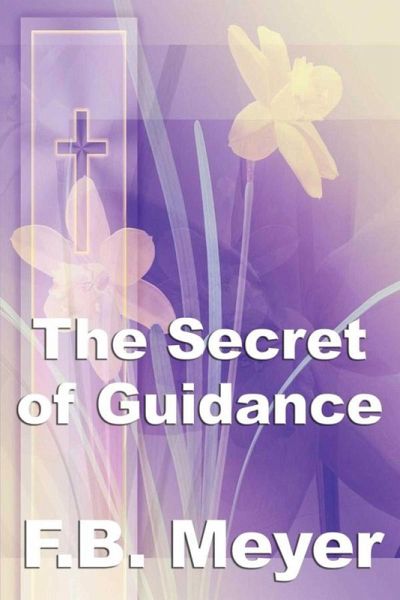
The Secret of Guidance (eBook, ePUB)

PAYBACK Punkte
0 °P sammeln!
Many children of god are so deeply exercised on the matter of guidance that it may be helpful to give a few suggestions as to knowing the way in which our Father would have us walk, and the work He would have us do. The importance of the subject cannot be exaggerated; so much of our power and peace consists in knowing where God would have us be, and in being just there.
Dieser Download kann aus rechtlichen Gründen nur mit Rechnungsadresse in A, B, BG, CY, CZ, D, DK, EW, E, FIN, F, GR, HR, H, I, LT, L, LR, M, NL, PL, P, R, S, SLO, SK ausgeliefert werden.




